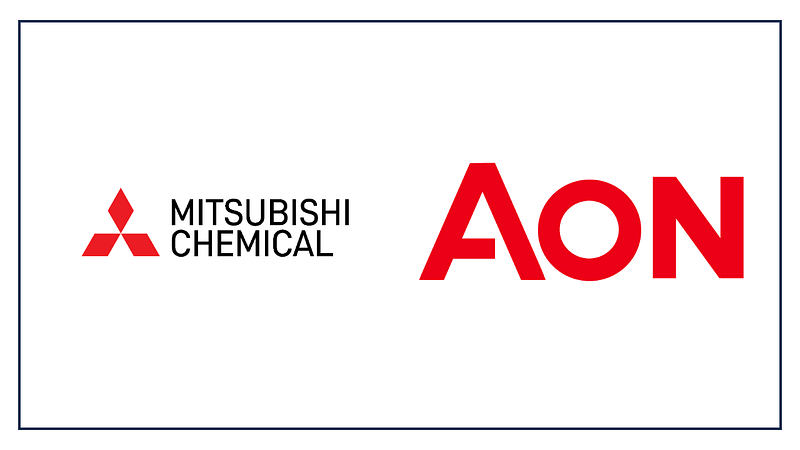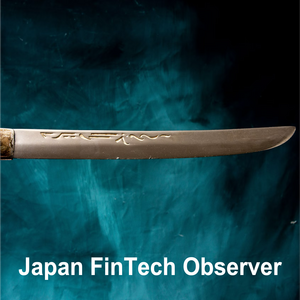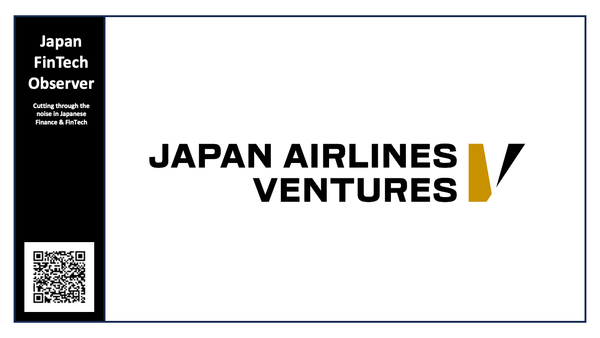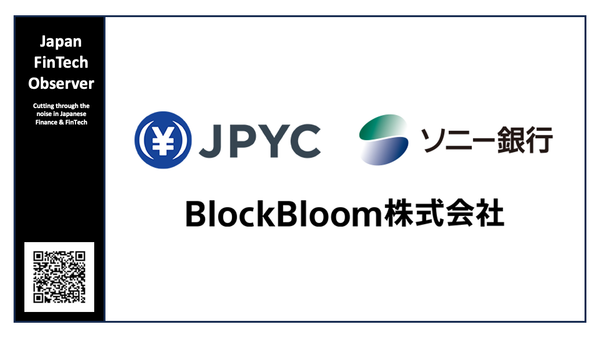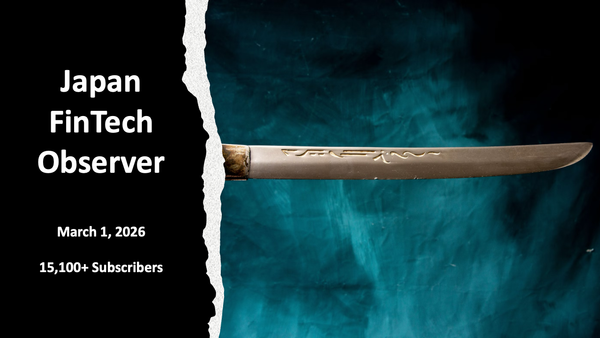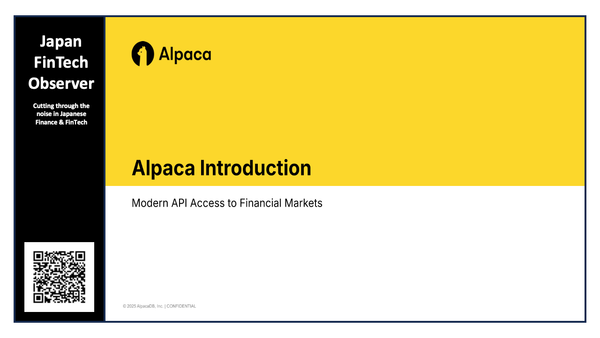KKR Makes Strategic Move in Japan's Insurance Distribution

In a move signaling a significant strategic push into the Japanese financial services landscape, U.S. investment giant KKR & Co. has completed the acquisition of Hoken Minaoshi Hompo Group (HMH), a major domestic insurance distributor.
The transaction sees KKR acquiring the company from investment funds serviced by Advantage Partners, a prominent Japanese private equity sponsor. While the official financial terms of the deal were not publicly disclosed, sources familiar with the matter have indicated a purchase price slightly exceeding JPY 30 billion (approximately USD $204 million).
This pivotal acquisition is being financed predominantly through two of KKR's key investment vehicles: its Asian Fund IV and the K-Series funds. The involvement of the K-Series is particularly telling; these vehicles include "evergreen funds designed for wealthy individuals," which implies a capacity for patient, long-term capital deployment, distinct from the fixed-term horizon of traditional private equity funds. This financial structure suggests that KKR's ambitions for HMH extend beyond a typical leveraged buyout and subsequent exit. It points toward a long-term vision of building a durable and expansive platform within Japan's personal finance ecosystem, aligning with HMH's stated mission to become a "Life Support Platform Provider" for an era defined by a "100-year lifespan".
KKR has been explicit about its strategic intent, articulating a clear plan to use HMH as a foundational "hub for making further deals in the industry". The firm's public statements outline a dual-pronged growth strategy. The first prong involves fostering organic growth within HMH by enhancing its operational capabilities, a process KKR refers to as "sales enablement". The second, more transformative prong is an inorganic growth strategy centered on pursuing a series of "bolt-on acquisitions". This clearly positions the HMH acquisition not as an end in itself, but as the inaugural move in a broader campaign to consolidate Japan's fragmented insurance agency sector.
The context of the sale itself provides a deeper layer of understanding. Advantage Partners had acquired HMH in 2022 through a corporate carveout, making its exit to KKR in 2025 a relatively short holding period for a private equity investment. This accelerated timeline becomes more comprehensible when viewed against a critical event that occurred during Advantage Partners' ownership. In February 2025, HMH was the target of a severe cyberattack that resulted in a massive data breach, compromising an estimated 5.1 million customer records, including names and addresses. An incident of this magnitude would inevitably inflict significant reputational damage, trigger intense regulatory scrutiny, and necessitate substantial, unplanned capital expenditure for remediation and system overhauls. For an owner like Advantage Partners, this event would have transformed a promising growth asset into a complex, high-risk turnaround project. It is therefore highly probable that the fallout from this cyberattack acted as a primary catalyst for the sale, creating an opportune moment for a buyer like KKR—equipped with deep operational resources and crisis management expertise—to acquire a leading market platform.
Profile of the Asset: Hoken Minaoshi Hompo Group
To fully appreciate the strategic calculus behind KKR's investment, a granular analysis of Hoken Minaoshi Hompo Group is essential. The company represents a compelling combination of a robust, modern business model and a critical, acute vulnerability—a profile that makes it an ideal target for an operationally intensive, value-add investor like KKR.
Business Model and Market Position
HMH stands as a "leading insurance distributor in Japan," a position built on a sophisticated and customer-centric approach.Its key strengths serve as the foundation for KKR's platform strategy:
- Omnichannel Presence: HMH operates a highly effective omnichannel distribution model. This network integrates approximately 360 physical retail outlets in strategic locations across Japan with robust call center operations, a comprehensive online presence, and the option for at-home consultations. This multi-channel approach provides maximum flexibility for customers, allowing them to engage with the company on their own terms and schedules, a key differentiator in a market transitioning towards more digital and personalized services.
- Broad Product Shelf: A core element of HMH's value proposition is its independence. The company distributes a wide array of insurance products from more than 40 different insurance carriers. This extensive product shelf allows its advisors to offer objective, tailored advice that meets the specific needs of each customer, positioning HMH as a trusted partner rather than a captive agent for a single insurer. This model fosters customer loyalty and aligns with the increasing demand for impartial financial guidance.
- Diversified Service Offering: Recognizing the evolving needs of Japan's aging population, HMH has strategically begun to expand its services beyond traditional insurance products. The company is actively developing its capacity to be a holistic "Life Support Platform Provider". This includes integrating services such as mortgage consultation and nursing care advisory services within its retail locations. This diversification strategy not only creates new revenue streams but also deepens customer relationships by addressing a wider spectrum of life-stage financial needs, from homeownership to long-term care planning.
The Market Context: Navigating a Sector in Flux
KKR's acquisition of HMH is not occurring in a vacuum. It is a highly strategic move timed to coincide with a period of unprecedented upheaval and opportunity within the Japanese insurance market. The sector is currently being reshaped by the powerful confluence of a major governance crisis, significant demographic shifts, a changing macroeconomic environment, and an evolving regulatory landscape. Understanding these forces is critical to decoding KKR's investment thesis.
The Shadow of the Bigmotor Scandal
The single most significant catalyst shaping the current environment is the fallout from the Bigmotor scandal. The Japanese insurance agency sector has been "dogged by regulatory and governance problems" for years, but the Bigmotor case brought these issues to the forefront in a dramatic fashion. Bigmotor, a major used car dealer that also operated as an insurance agency, was exposed for a massive, systematic fraud scheme. Employees were found to be intentionally damaging customer vehicles—using methods such as scratching cars with screwdrivers and hitting them with golf balls stuffed in socks—to inflate repair costs and file fraudulent insurance claims.
The scale of the fraud was staggering. Investigations by Japan's four largest non-life insurers—Sompo Japan, Mitsui Sumitomo, Tokio Marine, and Aioi Nissay Dowa—uncovered as many as 65,000 fraudulent claims over a multi-year period.The scandal led to the resignation of top executives at Sompo Holdings and its subsidiary Sompo Japan, which was found to have been overly permissive in its relationship with the dealer. The scandal triggered a forceful response from the Financial Services Agency (FSA), which launched industry-wide investigations and issued business improvement orders, signaling a new era of aggressive regulatory enforcement.
This crisis has had two profound effects. First, it has shattered public trust in the insurance distribution industry. Second, it has created an intense regulatory and compliance burden that is falling most heavily on smaller, independent agencies that may lack the resources and expertise to meet the new standards. This dynamic has created the ideal conditions for a well-capitalized, governance-focused consolidator. Before the scandal, acquiring smaller agencies would have been a costly and difficult endeavor. Now, many of these agencies face existential threats from rising compliance costs and reputational risk, making them more amenable to being acquired. KKR can position the newly fortified HMH as a "safe harbor," an acquirer that offers a path to survival by plugging smaller agencies into a compliant, technologically advanced, and professionally managed platform. The scandal has, in effect, created a large pool of distressed "bolt-on" targets, dramatically accelerating and de-risking KKR's consolidation strategy.
Key Market Trends and Dynamics (2024-2025)
Beyond the immediate crisis, several long-term trends are shaping the market:
- Demographics as a Double-Edged Sword: Japan's well-documented aging and shrinking population presents both a challenge and an opportunity. While a declining working-age population limits the pool for traditional life and savings products, the growing cohort of elderly citizens is driving significant demand for health insurance, long-term care coverage, and retirement income solutions. This aligns perfectly with HMH's strategy to become a holistic "Life Support Platform."
- A New Economic Era: After decades of near-zero interest rates, the Bank of Japan's policy shift towards normalization is a significant tailwind for the insurance industry. Rising interest rates allow insurers to generate higher investment income on their vast portfolios, which in turn enables them to design more attractive and competitive savings and retirement products.
- Regulatory Evolution: The impending implementation of the Economic Value-based Solvency Regime (ESR) in 2025 will force insurers to adopt more sophisticated risk and capital management practices. This will increase pressure on insurers to partner with efficient and compliant distribution networks.
- Consolidation Imperative: While Japan's primary insurance market is highly consolidated, with three major groups controlling nearly 90% of the non-life business, the distribution side remains highly fragmented. The post-Bigmotor regulatory crackdown is a powerful catalyst that will inevitably force consolidation in this fragmented layer of the market.
